South Sudan
South Sudan has failed to form a transitional unity government despite the August 2015 peace deal and international pressure.
The transitional government was expected to be created for a period of 30 months before the organisation of a presidential election.
There are fears that this failure can become risky to the peace process.
Experts say both parties in the peace deal signed in August last year have different agendas and are fighting over oil resources.
Another bone of contention was president Salva Kiir’s decision to increase the number of states from 10 to 28. This was highly contested by the rebels and the opposition.
In a recent interview in Juba, the chairman of the Joint Monitoring and Evaluation Commission Festus Moga, condemned the additional states as being a breach of the peace agreement.
Thousands have been killed and more than 2 million displaced as a result of fighting between forces loyal to president Kiir and the rebels.
Crisis were sparked in 2013 when president Salva Kiir sacked his former deputy Reik Machar accusing him of planning to take power.




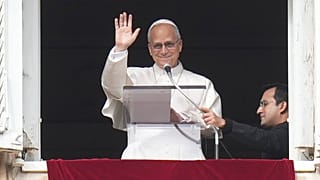
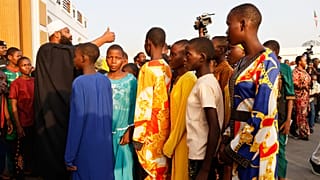
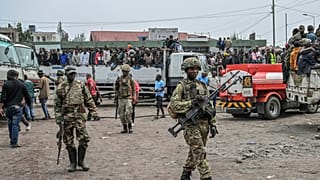
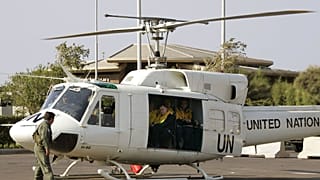
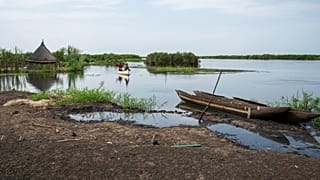
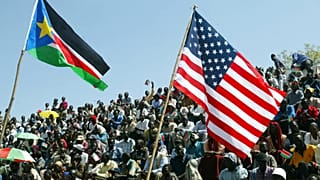

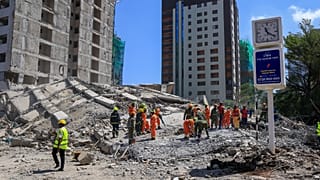
01:00
Bulgarian protests continue, citizens demand end to corruption and fair judiciary
02:01
Sudan: RSF capture of Heglig threatens South Sudan's oil exports
01:02
First rain of autumn falls in Iran's capital after months of intense drought
01:04
UN chief backs Benin authorities, ECOWAS after coup attempt
01:01
South Sudan: Food security experts warn of worsening hunger crisis
00:53
Cameroon gripped by tension as post-election protests erupt